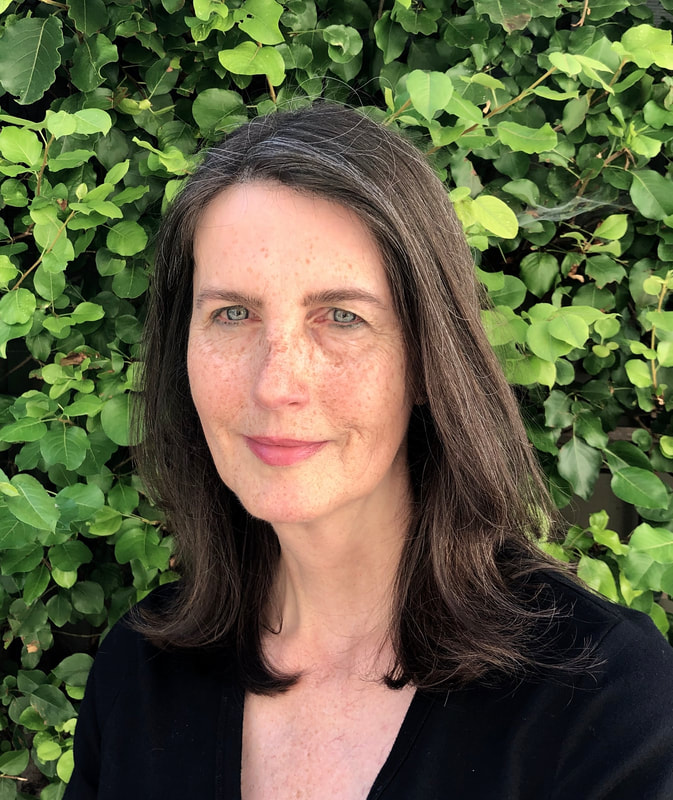|
One of the speakers at the STAR conference (see previous post for details) this past weekend was Renee C. Wachtel, MD, the Director of Developmental and Behavioral Pediatrics at Children’s Hospital and Research Center, in Oakland, California. Her talk was on Medical and Complementary Treatments in Autistic Spectrum Disorders.
The best part of this presentation? It was very well documented. It’s a constant difficulty that research on psychoactive medications is so difficult to find. As always, scientific data is more scarce than we’d prefer it to be, due to the vast difficulties in testing large enough sample groups and adding in control groups. Add in the problems with using these medications on a subset of children with autistic spectrum disorders and it can seem like medication is just a guessing game. Certainly, there is still a tremendous opportunity to do more research, but Dr. Wachtel demonstrated that there have been some good studies. Dr. Wachtel discussed the psychoactive medications children on the autism spectrum are frequently taking, and presented summaries of the studies that examined the efficacy of these drugs. The data is was quite detailed, and I’m a psychotherapist, not a medical doctor, so I’m not going to go into more specifics beyond stating that it’s worth finding a medical doctor who has thoroughly researched the data on these medications. The other interesting aspect of this presentation was Dr. Wachtel’s discussion of complementary and alternative medicine. She defied these as “A group of diverse medical and health care systems, practices and products that ... are not presently considered part of conventional medicine.” Examples she discussed were vitamins, diet modifications, and biologic treatments, and she brought up some treatments that she described as seriously risky. With so much information on the web about treatments for autism, it can be nearly impossible to sort the science from the hype. This presentation gave some clear details of well performed scientific studies and Dr. Wachtel concluded that these interventions can be studied in a scientific way. What’s my conclusion from seeing this presentation? Although there are still so many questions, it’s clear that there is good science being performed, and informed and well educated doctors are available. No one has all the answers, but parents can find professionals who can help them sort through what’s out there to get the best possible answers for their kids. Comments are closed.
|
Patricia Robinson MFT
I'm a licensed therapist in Danville, California and a coach for Asperger's and ADHD nationwide. I work with individuals of all ages who have special needs, like Autism Spectrum Disorders, ADD, ADHD, and the family members and partners of special needs individuals. Archives
February 2015
Categories
All
|

 RSS Feed
RSS Feed